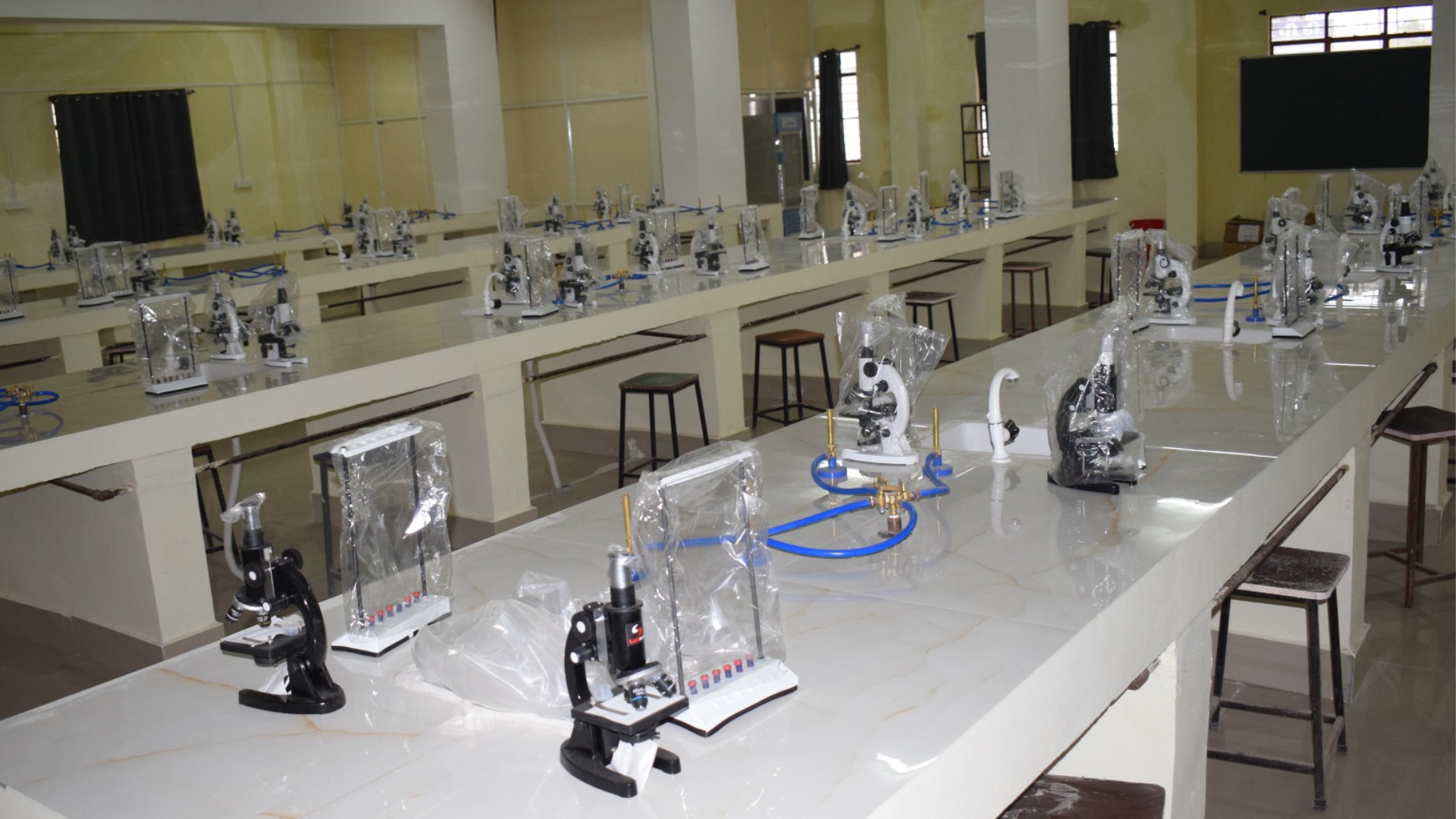







The Department of Community Medicine is renowned for its commitment to value-based education and extensive contributions across all segments of society. The department is pivotal in nurturing capable physicians who serve as the first point of contact by incorporating teaching, training, and research initiatives to address emerging global pandemics.
Our institutions extend doorstep treatment to patients in villages and urban areas through Urban Health Training Centers (UHTC) and Rural Health Training Centers (RHTC). Patients requiring advanced surgical and medical treatments are referred to the parent hospital.
Undergraduates undergo training in community action, where they learn how to organize health centers and initiate health programs. Health camps and community awareness initiatives provide students with a comprehensive understanding of promotive, curative, and preventive medicine.
Experiential learning is emphasized, encouraging students to engage with village panchayat members and local residents. During a two-month internship in this department, students spend one month in an urban health center and another month in a rural health center, living within the local community. Here, they learn and practice under the guidance of the local Medical Officer. This internship offers a profound understanding of the impact of society, culture, and income on health, emphasizing prevention and treatment. Interns not only learn the science of medicine but also the art of social understanding, gaining the ability to provide healthcare with minimal resources.
Students cover the three critical aspects of Service, Teaching, and Research during their postings at the RHTC and UHTC, dedicating time to learning through journal reviews, seminars, and case presentations.
The department actively participates in mass vaccination services, addressing non-communicable diseases, maternal and child health, senior care, and biomedical waste management among the general population.